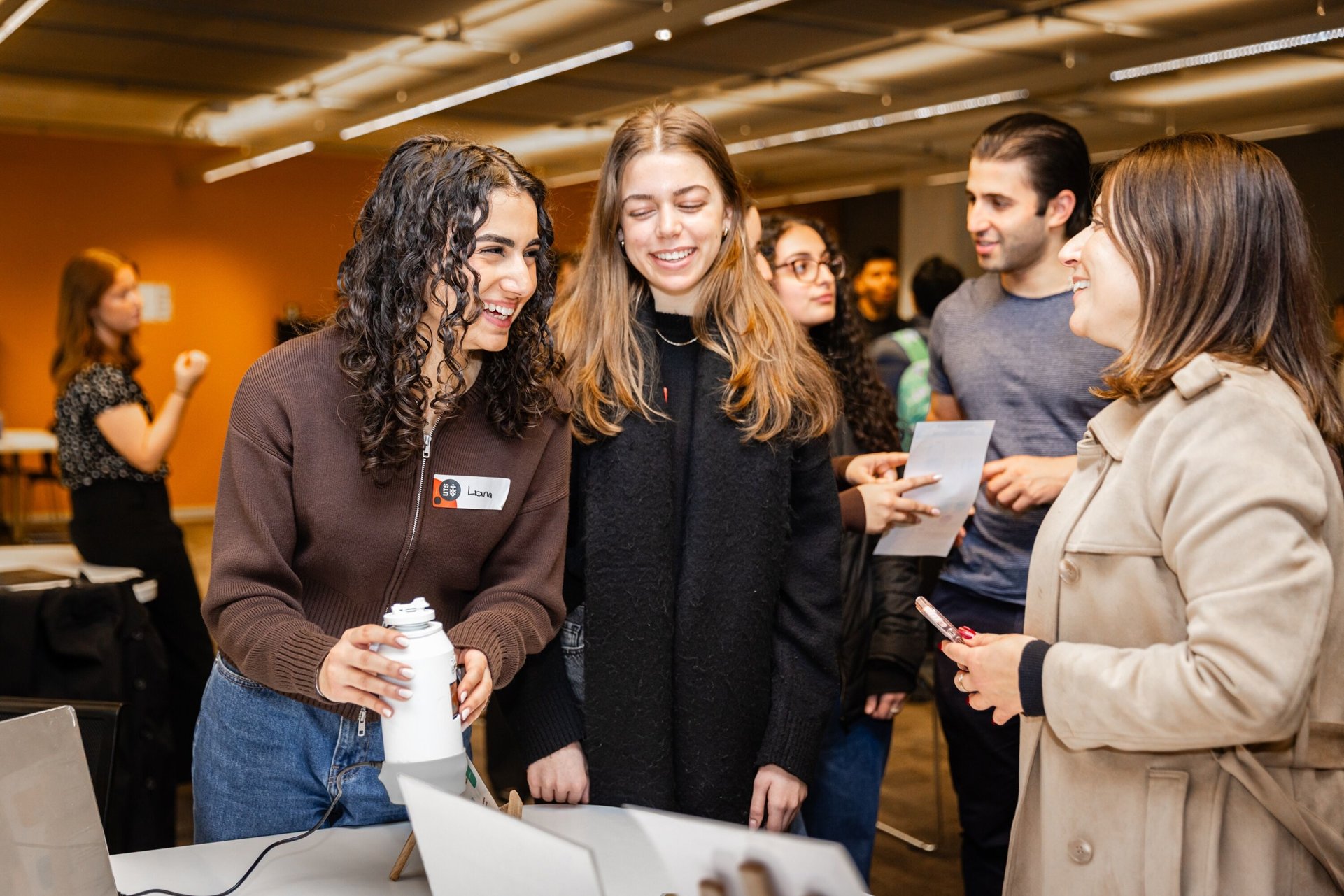Stefan Hall was a teacher – until he wasn’t.
Now a graduate of the UTS Master of Data Science and Innovation, Stefan spent more than 10 years teaching maths at schools across Queensland. He loved working with young people and he loved teaching’s potential for impact, but as time went on, he found himself wishing for more.
“The content-based problems [I was teaching didn’t] change very much. It was still the same problem space each time,” he says.
“I [also] felt daily that I had significant impact on the lives of people around me – I was mentoring young people, shaping their minds, and I loved it. But I knew that my impact in the schools that I worked in was always going to be completely localised.”
What Stefan wanted was a career path in which he could indulge his love for numbers and develop the skills to contribute to widespread change. He’d been reading up on data science and was curious about the opportunities in what was by then a booming field. A data science career would open the door to working in almost any sector, including those with the potential to deliver global impact.

“There were a couple of machine learning subjects that were phenomenal, particularly machine learning algorithms and applications. There was a statistics subject, which I very much needed [to refresh my knowledge].”
From theory to practice
For Stefan, who had been frustrated by the highly theoretical course content of his Queensland-based undergraduate degree, the practical focus of the UTS Master of Data Science and Innovation stood out in a crowded market.
“There was such a lack of practice in my undergraduate degree, and I had that in the back of my mind,” he says.
“I was also drawn to the fact that I could work and study [simultaneously] at UTS, because the courses were designed to work [for students who were also balancing] a full-time workload.”
After making the move to Sydney, Stefan quickly found himself immersed in the world of UTS data science, despite having no technical experience beyond his background in maths. The Master of Data Science and Innovation, delivered by the award-winning Transdisciplinary School, included training in SQL, Python and other programming languages. It also offered a range of introductory subjects in core data science disciplines.
“There were a couple of machine learning subjects that were phenomenal, particularly machine learning algorithms and applications. There was a statistics subject, which I very much needed [to refresh my knowledge],” he says.
“Data Science Practice focused on the actual coding practices involved in data science and big data engineering, so these were really informative and practical subjects [that helped me] familiarise myself [with the] field.”
Coming from a relatively non-technical background, I needed exposure to tasks that require me to familiarise myself with the toolset and the fact that [those tools] were tailored and structured... You can’t ask for better.
Data science skills for the real world
Equally useful were the assessments, which required students to design technical solutions to real data science problems. Extracurricular competitions also pushed them to apply their knowledge to problems set by industry.
In one UTS project, Stefan says, he had to develop a strategy document for a mining company based on the statistical analysis of various scenarios. In another, he had to solve a machine learning classification problem that has since become the most common machine learning problem he deals with at work.
“Coming from a relatively non-technical background, I needed exposure to tasks that require me to familiarise myself with the toolset and the fact that [those tools] were tailored and structured. You can’t ask for better [exposure],” he says.
The master’s degree also prepared Stefan for the realities of a data science career. Early in his studies, he landed a job as a data analyst for e-bike company Zoomo and was gratified to find that his UTS learning reflected the realities of his professional role. Similarly, his workplace experiences helped provided context and skills that helped him excel in his coursework.
Since graduating from UTS, Stefan has moved on from Zoomo to take up a role in the data team of Web3 games development company Immutable. He was attracted by Immutable’s technical stack and the problem space the company works in; at the outset, he says, he could see that there were technologically complex problems in the offing that would further expand his skillset.
“They’re complex and make me bang my head against the wall for a couple of weeks until I solve [them], and there’s an immense satisfaction [in that],” he says.
But the long-term goal remains firmly focus on data science for the greater good. Stefan says he’s still thinking about how he could apply his newfound expertise in a field aligned with his personal values, such as mental health or medicine.
In short, he says, he wants to work “anywhere there’s an altruistic sense of impact”. He’s confident a data career will help him get there.






